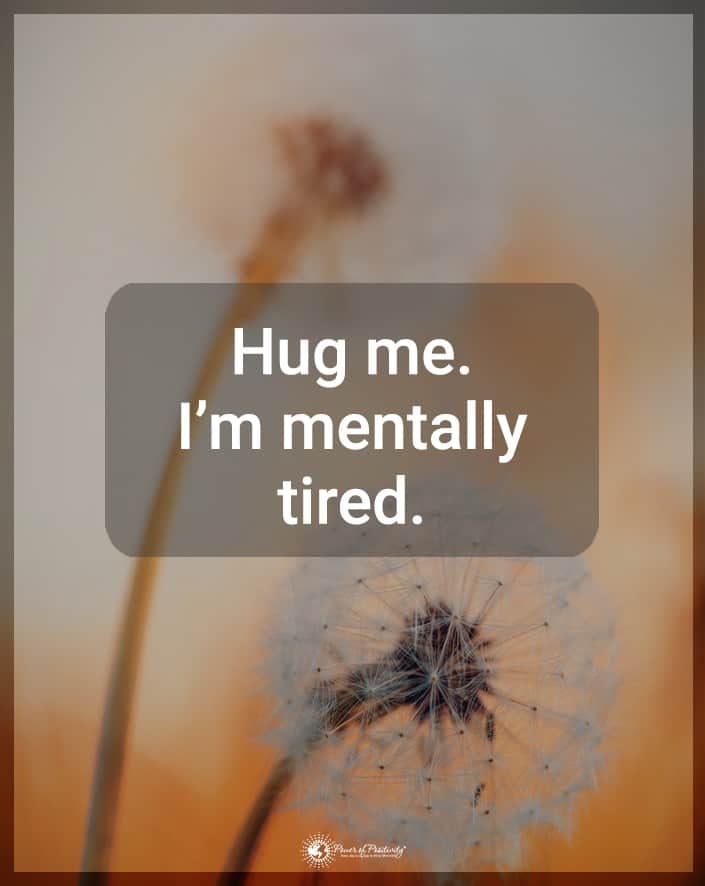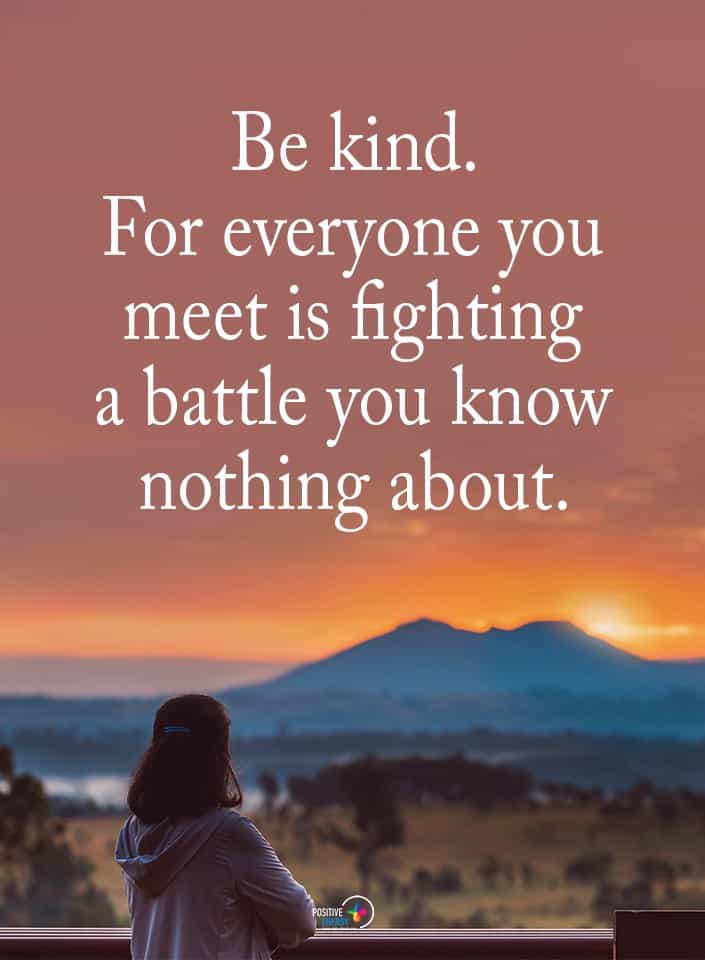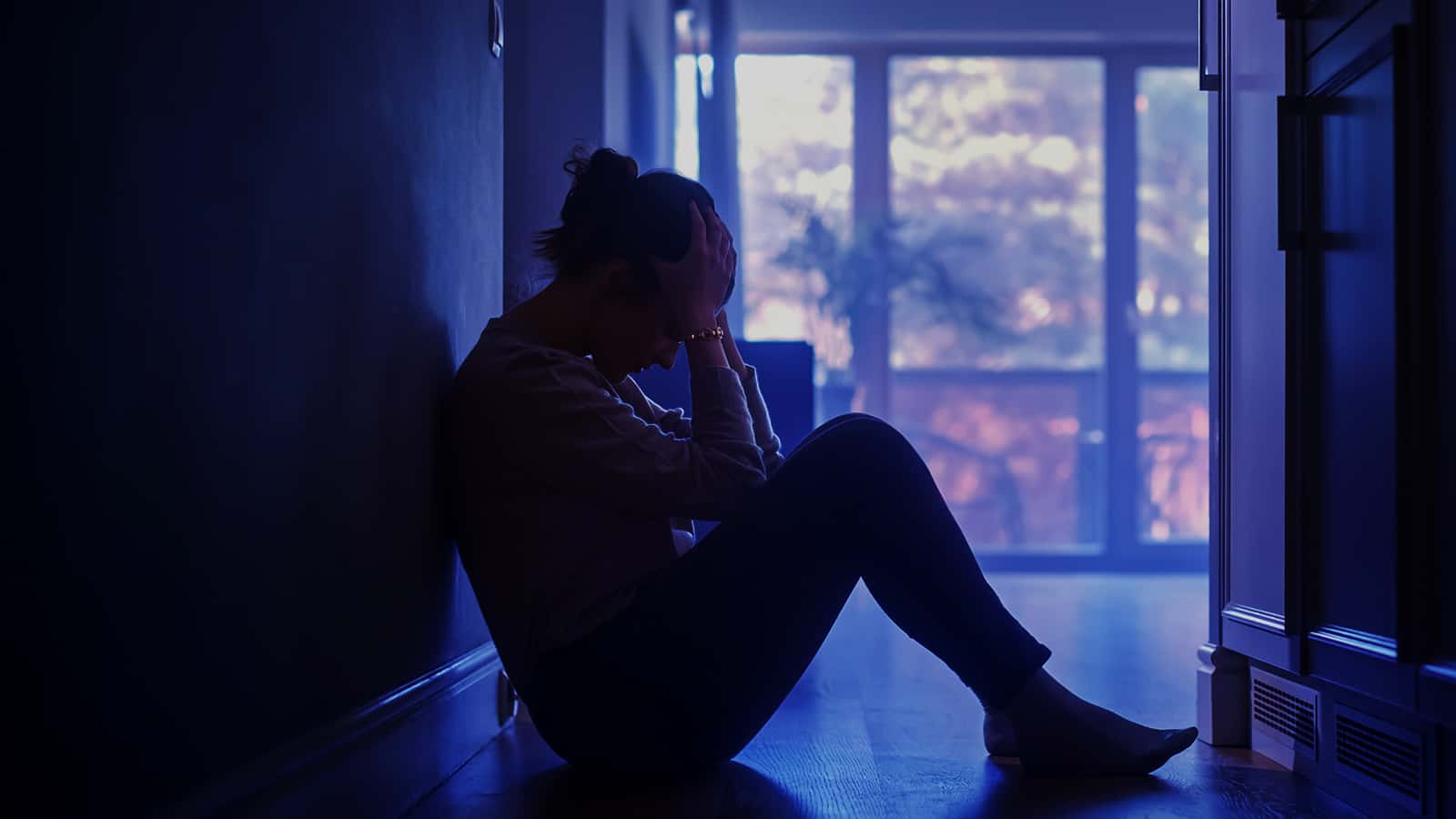Losing someone is arguably the worst experience someone can go through. You are left wondering how you will ever be able to accept that you will never see that person again. How will you deal with your inability to call them and tell them about your day? How will you handle never being around them again? Will the grief you feel ever stop? And what are you supposed to do to cope with loss?
Grief is a crushing feeling that can make even the strongest people crumble. And, while no grieving person wants to hear this, you will eventually get over it. But the journey towards healing is complex, and you should know how to handle everything. One thing that can help is using memories in the process. Remembering and honoring the people you have lost can bring you absolute comfort. So, how can memories help you cope with losing a loved one?
What Is Grief?
Grief is an overwhelming emotion following the loss of a loved one. It is one of the most challenging emotions, as it instills fear, anger, and sadness into people. Regardless of how you lost that person, grief is still crushing. No matter how old, young, sick, or healthy the person who died was, it will still feel like the end of the world when they pass away.
Grieving is a natural response to loss. Not all people react to it in the same way. Some people might feel numb, which is the brain’s way of protecting itself against the whirlwind of emotions. Others will be angry. Some might feel like all the happiness has been sucked out of their lives. But, regardless of how you outwardly express it, a healthy grieving process has five stages:
· Denial
Death is such an abstract concept that people have a hard time grasping that someone has dies. You are so used to the people you love being around you that you can’t imagine them gone. And, once they aren’t anymore, they will never be again. The human brain has a hard time processing that. Even if you knew that person would die, you would still be in denial when it happens. It is normal to feel shocked or numb at first.
· Anger
After you get over the stage of denial, you will feel anger next. A person you love has been taken away from you, so naturally, you will want to find someone to blame. You will blame the Universe, the deities you believe in, or others. As reality sets in, you will start to feel frustrated, and the only thing you will feel like you can do is to be angry. Sometimes, you might even feel angry that the person has passed away and left you alone.
· Bargaining
Death is something inevitable, but that doesn’t mean people aren’t going to try to reverse it. Even if logically you know you can’t, you will do whatever you can just in case. If there’s a chance in a million that you will bring your loved one back, you will do anything to achieve that. This is the stage in which people start wondering “what if.” What if they had taken more care of that person? What if they could have bought them a few more moments. Or what if they had done something to prevent this? You will start trying to bring that person back. People will even try to strike deals with a higher power in this stage.
· Depression
When you see that you can’t bargain your way out of the situation, you will start feeling depressed. You will feel defeated, sad, and lost. As you cope with loss, you begin to understand that the loss is irreversible. You start to figure out how that death will affect your life. You will know that the person who passed will miss important moments of your life, and you can do nothing. It is normal to have a wave of sadness wash over you.
· Acceptance
The last stage is when you finally accept that loss and its repercussions on your life. You understand that the loss can’t be undone and that you will have to adjust your life to fill the gap of that loss. You will still be sad, which will most likely never go away. But you will finally be able to move on with your life.
Memories can help you through all these stages. From the beginning to the end, having a way to remember the person you lost will be a crutch you can lean on. So, how can you use memories to help you cope with losing a loved one?
How Memories Can Help You Cope With The Loss Of A Loved One

1. Memories Can Be Used To Honor The Person You’ve Lost and Cope With the Loss
Since the dawn of time, people have memorialized events and people so that they wouldn’t ever be forgotten. The cavemen would draw paintings on the walls of their caves to remember what they’d been through. Vikings would give their gods offerings to ensure the Valhalla people would have a good afterlife. All our traditions and monuments exist because people need to remember the past.
Different scientists have theorized different things about why exactly people need to memorialize. Some believe it is because memorializing allows people to explore the meaning of life. Others think it will enable people to authenticate their part in the grieving process. Some think that memorializing is a way for people to feel like they are still connected to the ones they lost. Honoring the ones you’ve lost plays a big part in this process.
One of the things that people are most afraid of when they lose something is the possibility of forgetting about that loss. But when you honor the dead, you make a proactive effort to remember what they did for you. Looking through albums, thinking about everything you did together can help you remember them as you should.
You would never want to remember a tainted version of the person you lost. When you honor someone, you want to do their life story justice. You can use those memories to share who that person was with other people. If you lost your parents before you had kids, you would want photos to show your kids who their grandparents were.
No matter which stage of grief you are in, honoring your loss can help you find some moments of happiness in the sea of sadness. You will know that the one you’ve lost hasn’t lived in vain. You will know that the time you’ve spent with them was precious.
2. Memories Can Help You Cope With Loss
Losing someone is an abrupt experience. Whether you were expecting it or not, having someone disappear from your life in a split second requires adjustment. It is almost impossible to make that abrupt transition without finding ways to alleviate the pain. Using memories to remember the times you shared with that person can help you gradually adjust to your new reality.
During the grieving process, you will feel the need to reconnect to the person you’ve lost. Because you can’t physically be there with that person, the next best thing is to connect with them on a spiritual level. That involves using memories to remember them. You can recall something you did together, look at a video of them, or think about who they were to you. The moments you spend remembering them can be little escapes from your overwhelming sadness. It will bring you enough comfort to push through the day. Over time, you can move from avoiding thinking about them to accepting reality.
A study from the University of Florida showed that while remembering can be painful, the connection you feel can comfort you. It will diminish your anger and make you feel less sad and alone.
3. Memories Can Help You Cope With Loss
While it might seem like remembering the people you’ve lost doesn’t let you fully come to terms with the reality that they’re gone, that’s not true. Some people might think memories are a way to hang on to that person desperately. But they are a tool that helps you be more accepting.
Remembering the person who passed makes you have to face that they aren’t there anymore. When you look at a picture, you won’t be able to pretend that they could walk into the room at any moment. You will have to recognize the reality of the loss. Memories can also help you validate your feelings. Remembering how much you cared about them will be a trigger that will make the emotions flow out of you. Looking at a video or photo will elicit some emotional response if you’re feeling numb. Bottling your feelings will never allow you to cope with the loss of a loved one. But the more you allow yourself to feel, the more you will be forced to deal with them.
Reminiscing on the past can also connect you with others sharing your loss. Talking to a friend about the person you’ve lost can connect you on a deep level. It can give you the proper context in which to help each other through the pain. The more you talk with someone about the loss, the more natural it will feel. And those people can be a shoulder to cry on when you need them to be.

Final Thoughts On How Memories Can Help You Cope With The Loss Of A Loved One
Coping with the loss of a loved one is one of the hardest things a person has to do in their life. Feeling lost and confused about what you should do to get your life back together is natural. And no secret recipe can promise you that you will immediately heal. You have to go through all five stages of grief. That being said, there are ways in which you can make this journey easier.
Memories can be a strong tool to guide you along the way. Remembering the one you’ve lost can help you honor the person who passed away. It can give you the emotional comfort you need. Memories bring you closer to acceptance. You will have to work much more to get through the grieving process.
But going down memory lane will allow you to have the time to think about what happened and healthily cope with everything.





















